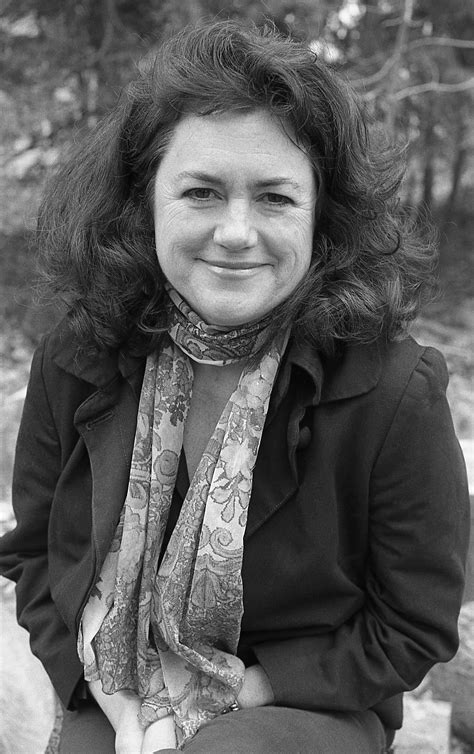A Quote by Sonia Sotomayor
In the wider context, what I believe I was - the point I was making was that our life experiences do permit us to see some facts and understand them more easily than others.
Related Quotes
I don't stand by the understanding of that statement that I will ignore other facts or other experiences because I haven't had them. I do believe that life experiences are important to the process of judging - They help you to understand and listen - but that the law requires a result. And it would command you to the facts that are relevant to the disposition of the case.
That's why we have appellate judges that are more than one judge because each of us, from our life experiences, will more easily see different perspectives argued by parties. But judges do consider all of the arguments of litigants. I have. Most of my opinions, if not all of them, explain to parties by the law requires what it does.
None of us like the concept of law because none of us like the restraints it puts on us. But when we understand that God has given us his law to aid us in guarding our souls, we see that the law is for our fulfillment, not for our limitation. The law reminds us that some things, some experiences, some relationships are sacred. When everything has been profaned, it is not just my freedom that has been lost- the loss is everyone's. God gave us the law to remind us of the sacredness of life, and our created legal systems only serve to remind us of the profane judgments we make.
Parents are led to believe that they must be consistent, that is, always respond to the same issue the same way. Consistency is good up to a point but your child also needs to understand context and subtlety . . . much of adult life is governed by context: what is appropriate in one setting is not appropriate in another; the way something is said may be more important than what is said. . . .
Do you believe in luck, Ludlow?" I had thought about this more than once in my life. "I believe some poeple are luckier than others."..."Which do you believe in, luck or Destiny?" Joe considered a moment befoe replying, "We make our own luck, Ludlow, by our actions and our state of mind. As such you control your own fate. Oney one thing is certain: None of us can escape the grave.
We can cooperate more easily with those who more easily intelligible to us, who are more familiar to us. But the advantages of specialization of labor often push us in the direction working with people who have different strengths and viewpoints than we do. I think that this is one major reason why moralities are always subject to change, because some of the people we cooperate with are going to be different from us in ways that often lead them to have different value orientations than we have; and interacting with them can change us.
I have learned that some people who look fine are more crippled than I am, by fears they can’t explain. Other people are held back by shyness, or anger. In making friends, I see the way some people handicap themselves. I believe there are choices each of us make every single day. We can dwell on our limitations or we can push ourselves past them.
The past slips from our grasp. It leaves us only scattered things. The bond that united them eludes us. Our imagination usually fills in the void by making use of preconceived theories...Archaeology, then, does not supply us with certitudes, but rather with vague hypotheses. And in the shade of these hypotheses some artists are content to dream, considering them less as scientific facts than as sources of inspiration.
The narrative fallacy addresses our limited ability to look at sequences of facts without weaving an explanation into them, or, equivalently, forcing a logical link, an arrow of relationship, upon them. Explanations bind facts together. They make them all the more easily remembered; they help them make more sense. Where this propensity can go wrong is when it increases our impression of understanding.
Developing a cheerful disposition can permit an atmosphere wherein one's spirit can be nurtured and encouraged to blossom and bear fruit. Being pessimistic and negative about our experiences will not enhance the quality of our lives. A determination to be of good cheer can help us and those around us to enjoy life more fully.
I got letters from people that have had peculiar psychic experiences, experiences with the dead - sometimes fairly tranquil experiences and sometimes very terrifying experiences. I do believe that a lot of them are sincere. I do believe, also, that some of them may be misguided. But, I think the majority of them have experienced something.
































